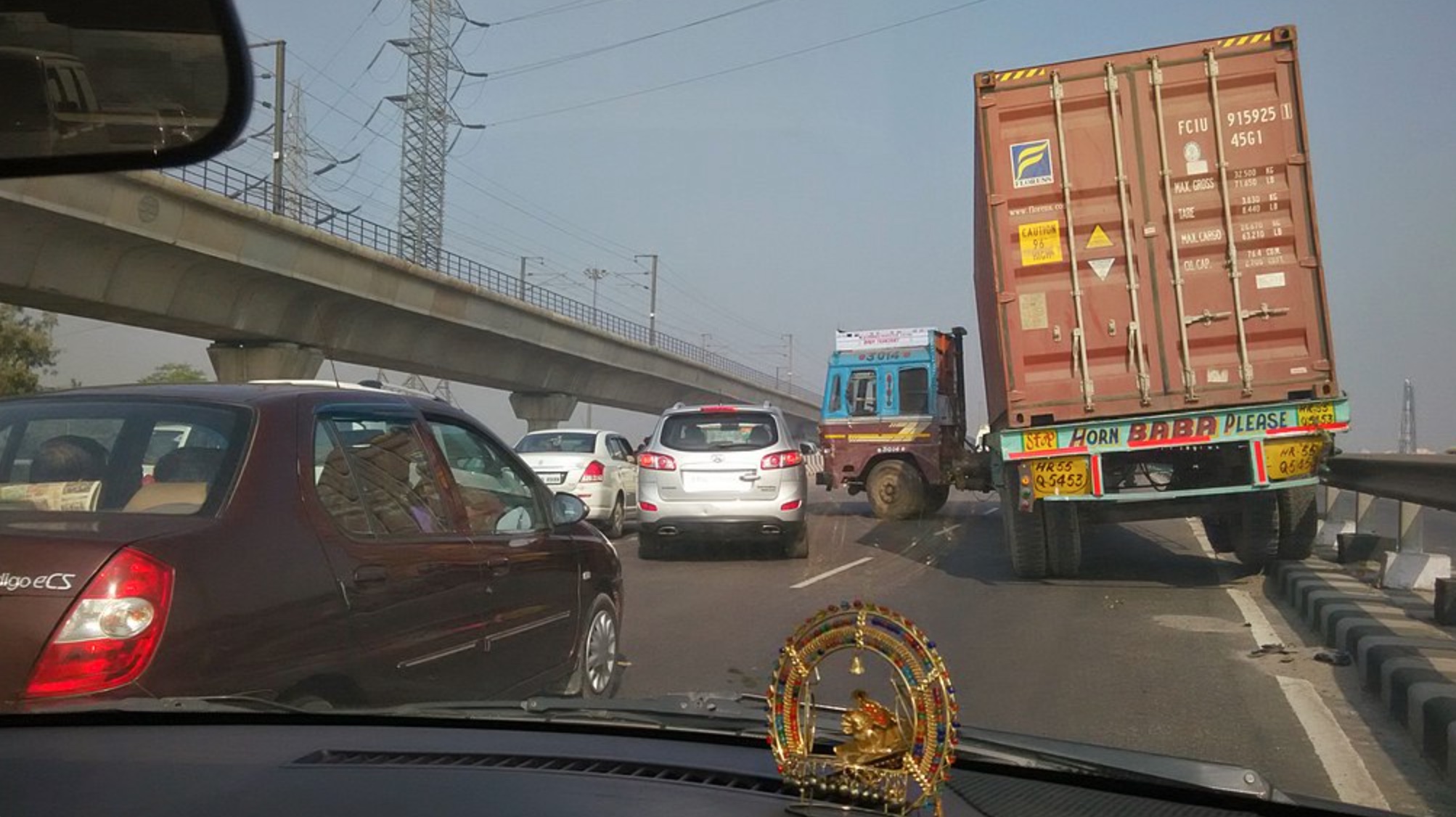Handling accidents efficiently requires preparation and knowledge beyond just safe driving techniques.
Accidents on the road are unfortunate events that can happen even to the most experienced truck drivers. Navigating these situations calmly and efficiently is crucial to ensure safety and minimize potential legal complications. Understanding the essential steps to take after an accident can make a significant difference in how the situation unfolds.
Prioritize Safety First
Immediately following an accident, the safety of everyone involved takes precedence. If possible, move the truck to a safe location away from traffic to prevent further collisions. Turn on hazard lights and set up reflective triangles as early warnings for other drivers. Once the scene is secured, check for injuries among all parties involved and call emergency services if needed. Having basic first-aid knowledge can be beneficial until professional help arrives.
Gather Vital Information
Documentation is key when dealing with accidents. Begin by exchanging essential information with other drivers involved, such as names, contact details, insurance information, and license plate numbers. Additionally, note down the make and model of their vehicles. Take photos of the accident scene from various angles, capturing vehicle positions, damage, road conditions, and any skid marks or debris. This visual evidence will be valuable for insurance claims and potential legal actions.
Engage Witnesses
Eyewitness accounts can provide an unbiased perspective on how the accident occurred. If there are witnesses at the scene, approach them politely for their contact information and ask if they would be willing to provide a statement. Their accounts could prove helpful if discrepancies arise during investigations or insurance disputes.
Notify Authorities
Reporting the accident to local law enforcement is often required by law and helps create an official record of the incident. When speaking with officers, provide clear and concise information about what occurred without admitting fault or speculating about details you aren’t certain of. Ensure you obtain a copy of the police report or instructions on how you can access it later.
Contact Your Company
Communication with your employer is critical after an accident. Inform them about what happened as soon as possible, providing all collected information and any relevant details they might require for internal reports or insurance purposes. They may also have protocols in place for handling such situations that should be followed closely.
Seek Medical Attention
Even if injuries seem minor or non-existent immediately after an accident, seeking medical attention is advised. Symptoms of whiplash or concussion can appear hours or days later. A thorough medical evaluation ensures that any hidden injuries are addressed promptly and creates a medical record that could be pertinent in potential legal matters.
Understand Legal Implications

Accidents involving commercial trucks often involve complex legal considerations due to federal regulations governing trucking operations. Being aware of these intricacies can protect from unwarranted liability claims. Consulting with truck accident attorneys who specialize in this area can provide guidance on legal rights and obligations following an incident. These professionals can assist in navigating insurance negotiations and any litigation that may arise.
Maintain Detailed Records
Keeping detailed records related to the accident is essential for both personal reference and potential legal proceedings. This includes copies of correspondence with insurers, medical bills, repair estimates for vehicle damage, witness statements if available, and any communications with law enforcement agencies or legal representatives.
Reflect on Preventative Measures
After handling the immediate aftermath and ensuring all necessary steps have been taken, reflecting on preventative measures can help reduce future risks. Consider whether specific driving practices contributed to the incident and seek additional training if needed. Regular vehicle maintenance checks play a role in preventing mechanical failures that could lead to accidents.
Conclusion
Handling accidents efficiently requires preparation and knowledge beyond just safe driving techniques. By prioritizing safety, gathering comprehensive documentation, notifying authorities appropriately, consulting with experts like truck accident attorneys when necessary, maintaining detailed records, and reflecting on preventative measures—truck drivers can navigate these challenging situations more effectively while protecting their interests both legally and personally.


Join the conversation!